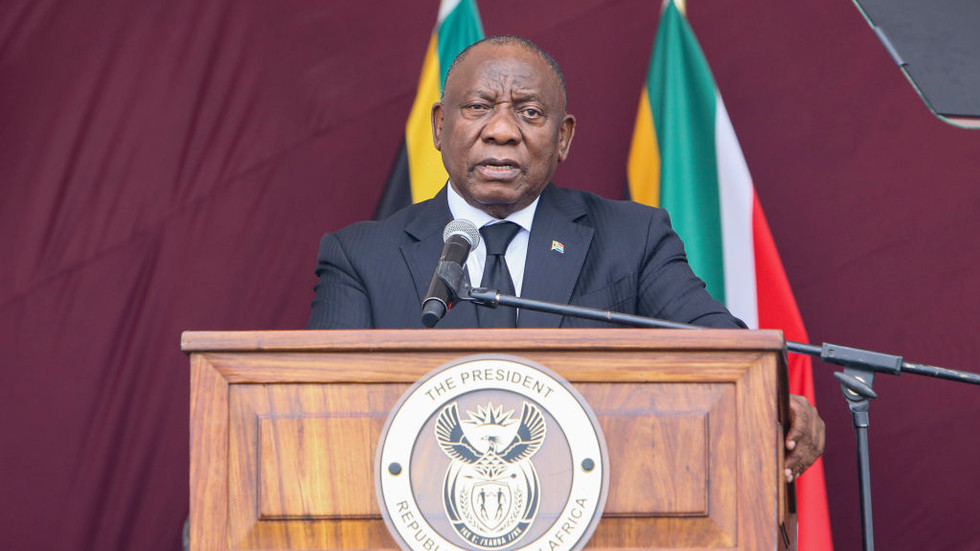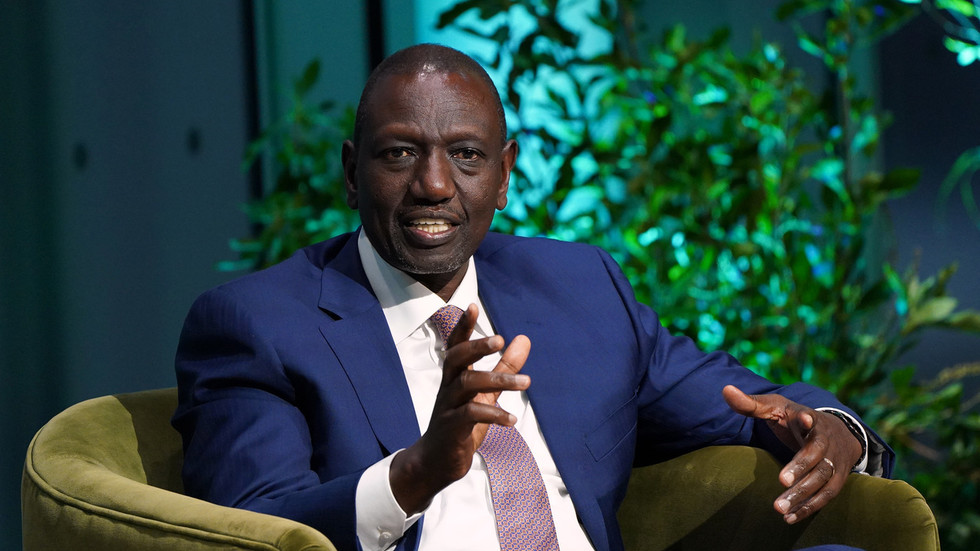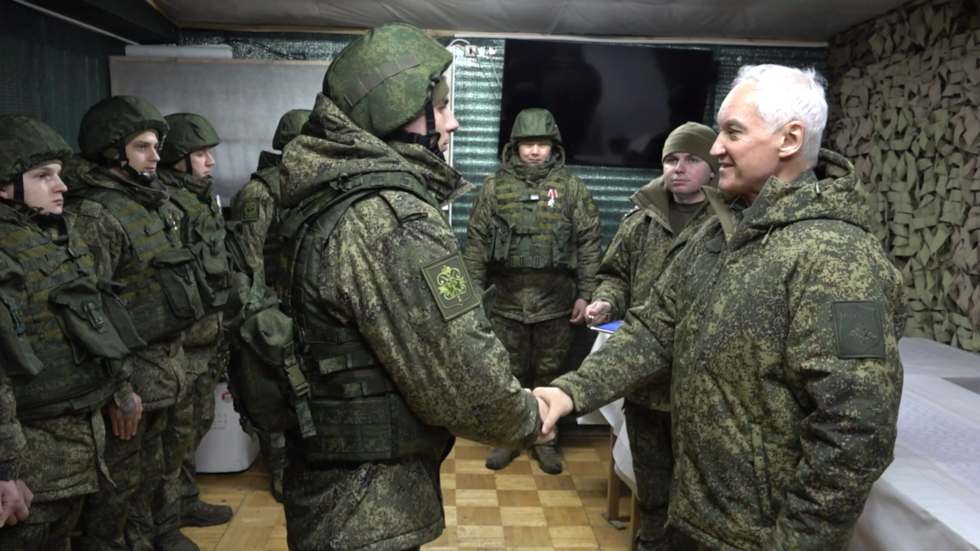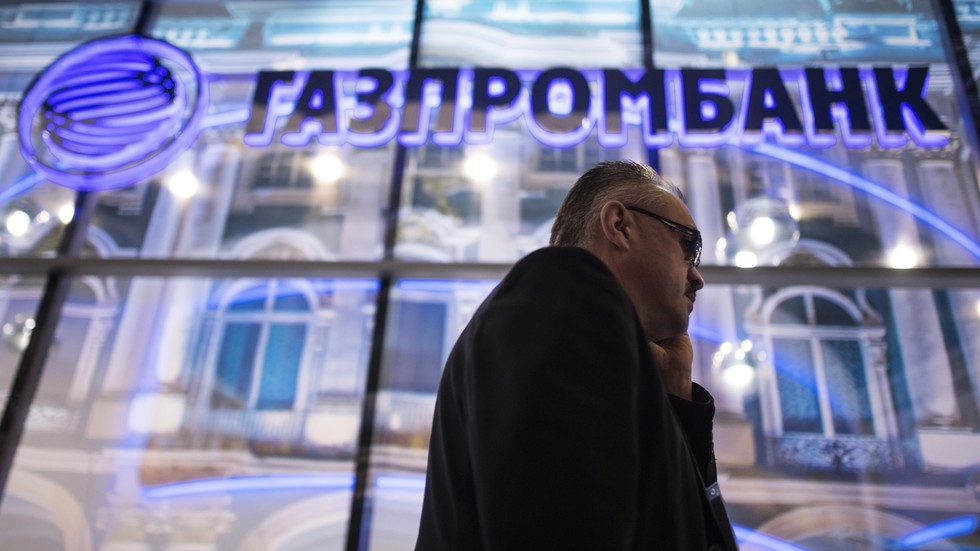What you need to know
Voting finished on Saturday in the seventh and final phase of India's mammoth electoral process with Prime Minister Narendra Modi largely expected to be elected for a third term, according to pre-election polls.
In this final phase, 57 seats across eight states and union territories are up for grabs. These include all the seats in the northern states of Punjab and Himachal Pradesh.
Modi's own constituency in Varanasi is taking part in Saturday's vote. The northern city is regarded as the spiritual capital by the country’s Hindu majority.
Here's a look at the latest from India's elections on Saturday, June 1
06/01/2024June 1, 2024
Voting closes in seventh and final round
More than a month of phased voting around the massive country concluded on Saturday evening.
Just under 970 million people were eligible to vote in the world's most populous country.
Voters and politicians have had to endure a scorching heatwave for much of the 44-day election period, particularly later in the process.
 Temperatures were searing in the northern city on Varanasi during the final phase of votingImage: Priyanshu Singh/REUTERS
Temperatures were searing in the northern city on Varanasi during the final phase of votingImage: Priyanshu Singh/REUTERSVote counting is to take place simultaneously in each of the 543 constituencies around the country.
It will start at 8 a.m. local time on June 4. Results are expected the same day.
Prime Minister Narendra Modi is aiming to be the second leader in India's history, after independence leader Jawaharlal Nehru, to win three consecutive terms.
Opinion polls suggest he is likely to do so, despite a more galvanized opposition to his Hindu-nationalist BJP, and despite the turnout expected to be lower than for his first two wins.
https://p.dw.com/p/4gWr4
Skip next section Congress' Rahul Gandhi promises 'new dawn'06/01/2024June 1, 2024
Congress' Rahul Gandhi promises 'new dawn'
Prominent lawmaker Rahul Gandhi, whose Congress party leads the opposition INDIA alliance, has praised his fellow citizens for coming out to vote despite the heat wave and promised that India will get a new government when election results are announced on June 4.
"Dear fellow citizens, this is the voting day for the seventh and final phase, and the trends so far indicate that an INDIA government is going to be formed in the country," he wrote on X, formerly known as Twitter.
"I am proud that even in the scorching heat, all of you have come out to vote to protect democracy and the Constitution. Even today, please come out in large numbers and give your vote as the 'final blow' to this government which has become a symbol of arrogance and tyranny," he continued.
"The sun of June 4 is going to bring a new dawn to the country."
Most polls have shown Prime Minister Narendra Modi and his Bharatiya Janata Party leading over INDIA, but analysts say that the opposition coalition has put up stiff resistance during the election amid voter discontent at Modi's Hindu nationalist politics and growing economic dissatisfaction.
https://p.dw.com/p/4gWiy
Skip next section Will Modi's alleged hate speech against Muslims go unchecked?06/01/2024June 1, 2024
Will Modi's alleged hate speech against Muslims go unchecked?
Prime Minister Narendra Modi has given speeches during the election that are seen by many to be discriminatory toward Muslims in India.
Some comments he made could well be in breach of the Model Code of Conduct (MCC) during elections, which is enforced by the Election Commission of India (ECI).
However, the commission has been sluggish in taking action over the remarks, raising fears that it may be compromised, as DW reports here.
https://p.dw.com/p/4gWiS
Skip next section Voting begins in Modi's constituency of Varanasi06/01/2024June 1, 2024
Voting begins in Modi's constituency of Varanasi
 Varanasi plays a key role in the Hindu world and is home to thousands of temples Image: Priyanshu Singh/REUTERS
Varanasi plays a key role in the Hindu world and is home to thousands of temples Image: Priyanshu Singh/REUTERSPrime Minister Narendra Modi's constituency, the holy city of Varanasi, is among the places voting on the last day of India's six-week election on Saturday.
Varanasi is the spiritual heart of Hinduism, and Modi has built his image as a staunch champion of the Hindus.
"Modi is obviously winning," Vijayendra Kumar Singh, a resident of the city, told AFP. "There's a sense of pride with everything he does, and that's why people vote for him."
Another victory would solidify Modi's status as a pivotal and popular leader, following the Bharatiya Janata Party's wins in 2014 and 2019.
Polls indicate Modi will likely win the nationwide election decisively, bolstered by his inauguration of a Hindu temple in Ayodhya in January. The temple was built on the site of a centuries-old mosque razed in 1992.
The temple's construction fulfilled a key party pledge by Modi and was widely celebrated across the country. However, it also made many of the country's over 200 million Muslims uneasy about their future.
Moreover, during his election campaign, Modi referred to Muslims as "infiltrators" and accused the opposition coalition of plotting to redistribute India's wealth to Muslims. Political analysts believe the rhetoric against Muslims is part of a strategy to mobilize Hindu voters.
Critics argue that India's democracy is faltering as Modi increasingly blurs the line between religion and state.
https://p.dw.com/p/4gWN7
Skip next section Several election officials killed in heat wave06/01/2024June 1, 2024
Several election officials killed in heat wave
At least 19 electoral officials were among those who have died in India during a blistering heat wave, authorities said on Friday.
According to officials, at least 33 people died in different parts of the country.
In the eastern state of Bihar, 10 people involved in organizing the seventh and final phase of the election died of suspected heat stroke, while at least nine people succumbed to intense heat in the northern state of Uttar Pradesh.
"They had high-grade fever when they were brought in. It could be because of heat stroke as well. We are currently treating at least 23 people brought in from election duty," RB Kamal, principal of the medical college where the people are being treated, said.
Many poll officials are usually required to stand on duty all day, often outdoors.
India swelters as heat reaches dangerous levels
India's mammoth electoral process has coincided with record summer temperatures.
Delhi recorded its highest temperature ever at 52.9°C (127.22°F) this week, though the weather department is verifying this reading.
While northwestern and central India are expected to see cooler temperatures soon, the heat wave in eastern India will persist for two more days, according to the India Meteorological Department (IMD).
https://p.dw.com/p/4gWK4
Skip next section Voting begins in seventh phase06/01/2024June 1, 2024
Voting begins in seventh phase
Voting began on Saturday for the last 57 parliamentary seats in the seventh and final phase of India's lengthy electoral process.
Prime Minister Narendra Modi is largely expected to be back for a third term.
The election involves 968 million people, marking the largest democratic exercise in history. Voting was staggered over six weeks from April 19.
According to a report by the Centre for Media Studies (CMS), cumulative spending in this election is projected to exceed $14.2 billion (€13.08 billion).
Compared to the last election, there has been a drop in the turnout, with the lowest phase recording only 62.2%. Analysts attribute the decline partly to the heat wave in some parts of the country.
Exit poll data will be available after the voting closes on Saturday.
Formal ballot counting will begin on Tuesday, June 4, with results expected the same day.
Modi's Bharatiya Janata Party (BJP) first came to power in 2014, on a plank of economic development and a crackdown on corruption. His tenure has seen India rise as a global power, but also faces criticism for rising unemployment, attacks on minorities, and depleting press freedom.
The opposition parties have come together under the banner of Indian National Developmental Inclusive Alliance (INDIA), taking a stand against the BJP.
But the coalition has been marred by infighting over ideological differences and personality clashes.
Moreover, the coalition has not declared its candidate for prime minister yet.
The opposition has also been stymied by several criminal probes by the government and a tax investigation this year that froze the bank accounts of the Congress.
Rahul Gandhi is a key figure representing the Indian National Congress in the opposition against Modi.
ss/kb (AFP, Reuters, AP)
https://p.dw.com/p/4gWJ7

 5 months ago
23
5 months ago
23








